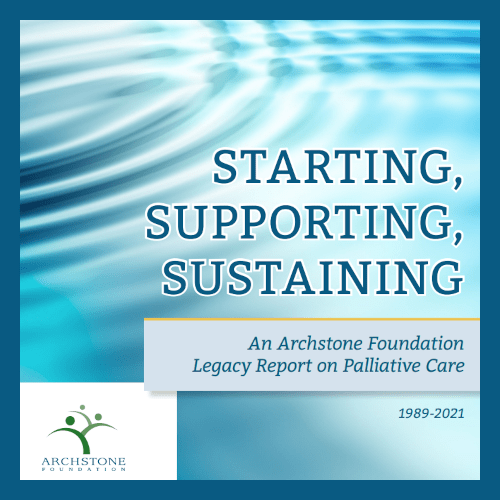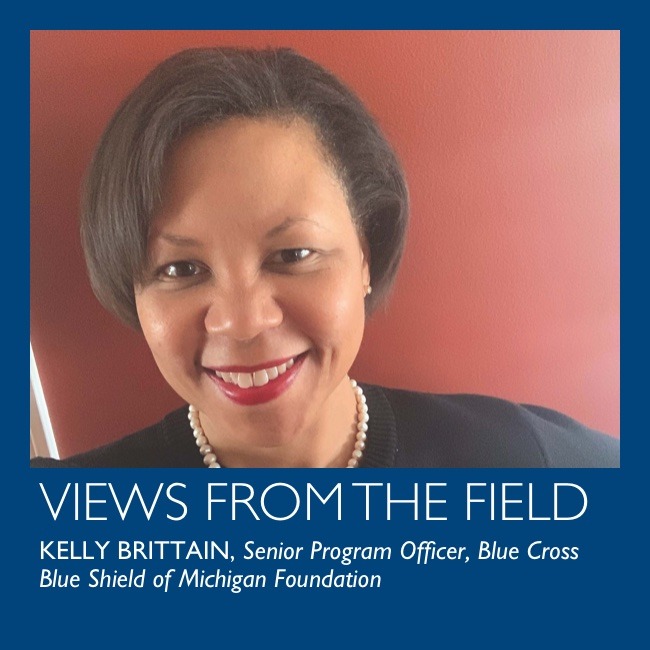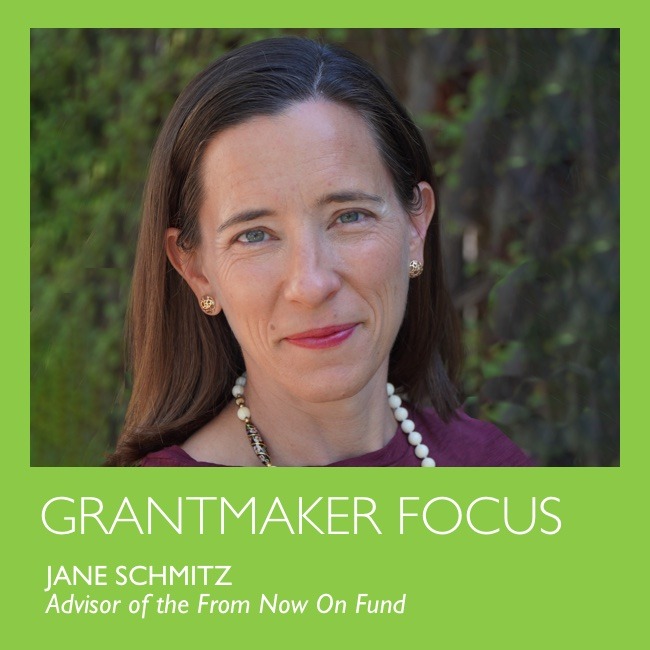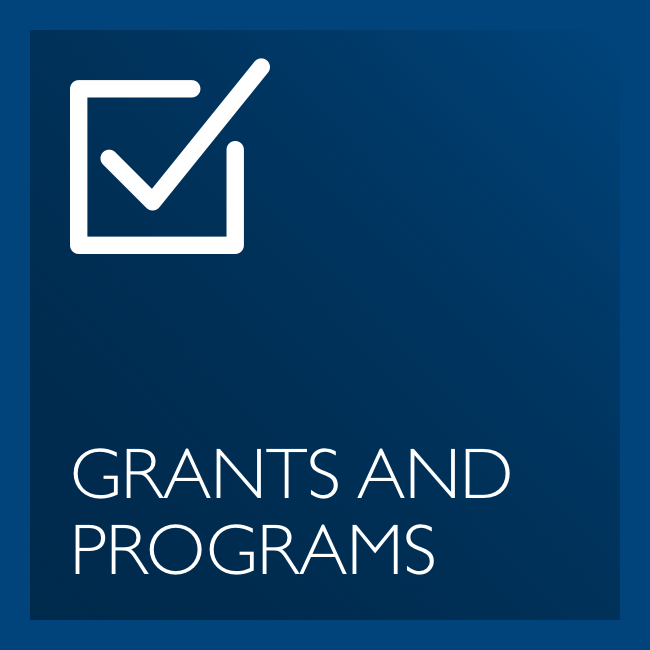New Archstone Report Reflects on 30 Years of Palliative Care Investment
For three decades the Archstone Foundation has focused investments on improving the care and experience of people with serious illness. Their portfolio has championed numerous palliative care and end-of-life initiatives at the local, state, and national levels. Reflecting on this body of grantmaking, the foundation has released a new legacy report that examines this work, grantee achievements, and the enduring impact of this investment.
The Power of Partnerships in Improving Health Care Access and Outcomes
Partnerships are essential to improving health care access, and outcomes, and forming partnerships require listening, learning, transparency, and flexibility.
Resolutions for a Revolution in Philanthropy
Heading into the new year, we are now asking one another, “What risks did our foundations take during these past two years that we may want to continue? What has philanthropy done differently over the last two years that perhaps has made our sector more effective, inclusive, and responsive? We highlight three ways our foundations changed for the better during the pandemic, strategies funders are using to support building or shifting power to nonprofit partners.
All Hands on Deck: The Importance of Pursuing Funder Partnerships to Address Perinatal Mental Health
Today, too many new mothers and birthing people are isolated and their well-being is overlooked, with severely negative consequences for maternal and child health and society.
From Now On Fund
In both the US and internationally, Direct Relief’s support mobilizes private philanthropic resources to address chronic gaps in access to quality health services for people who have the fewest resources, face heightened health risks with highly limited options, rank highest on social vulnerability indices, and experience poor health and outcomes disproportionately.
Philanthropy @ Work – Transitions – January 2022
The latest on transitions from the field.
Philanthropy @ Work – Grants and Programs – January 2022
The latest on grants and programs from the field.










